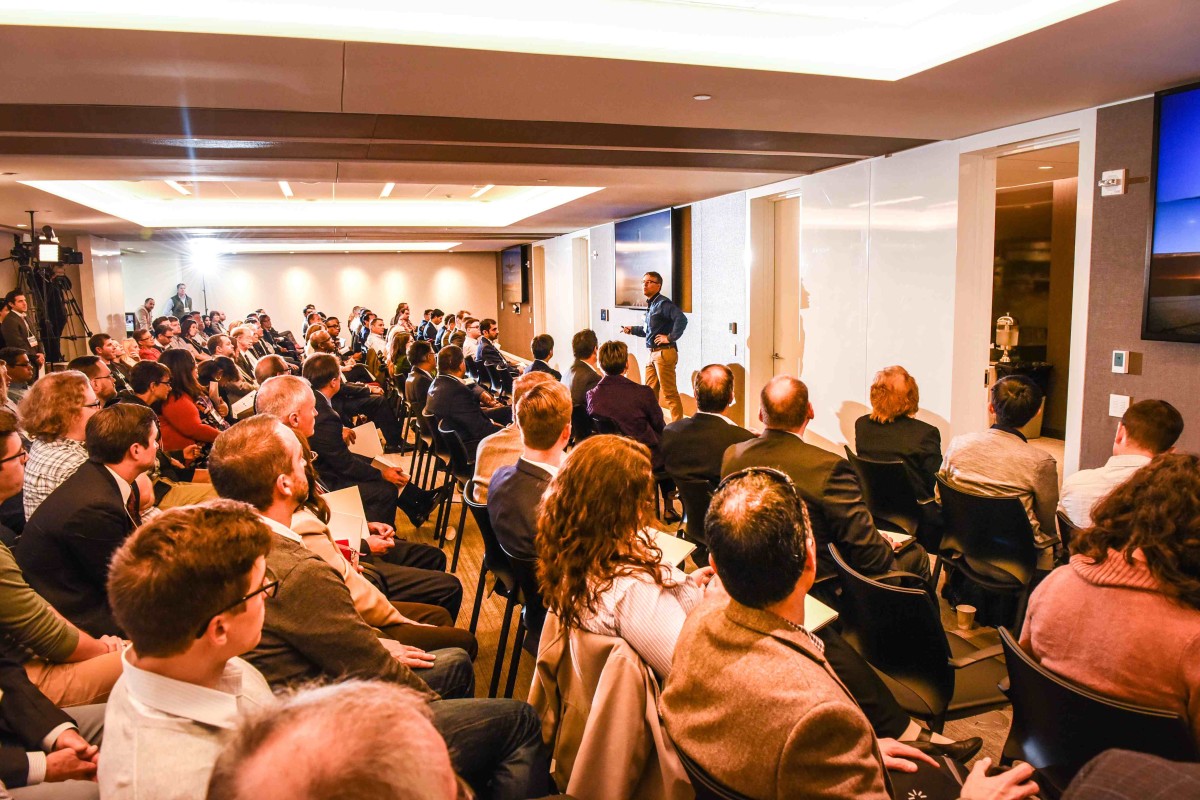On Tuesday, January 10, the U.S. House of Representatives once again passed a bill designed to make it easier for angel investors to fund startups. Although a version of the bill died in the U.S. Senate last year, the Helping Angels Lead Our Startups Act (“HALOS Act”) passed with solid bipartisan support in the House this time around. The final vote stood at 344-73 with no Republicans voting against the bill, and with 108 Democrats in favor and 73 against. The HALOS Act, sponsored by House Small Business Committee Chairman Rep. Steve Chabot (R-Ohio), addresses an important issue regarding when a business may make a pitch to potential investors without breaking securities laws.
As it currently stands, Regulation D of the federal securities laws restricts startups from pitching investment opportunities to audience members who do not meet the financial requirements of an accredited investor. To be considered an accredited investor under Securities and Exchange Commission (SEC) regulations, one must have a net worth of at least $1 million, excluding the value of one’s primary residence, or have income at least $200,000 each year for the last two years (or $300,000 combined income if married) and have the expectation to make the same amount in the current year. (For more, check out the SEC Investor Bulletin: Accredited Investors.)
The HALOS Act legislation would modify the Regulation D and provide an exception to allow securities issuers (read: entrepreneurs seeking investment) to make presentations to prospective investors at events sponsored by angel investor and venture capital groups, nonprofit organizations, colleges and universities or local governments. We hear about these pitch events, or “Demo Days,” often through organizations such as Y Combinator, Techstars and DreamIt Ventures. Demo days not only provide opportunity for startups to gain investments, but are also highly educational for attendees, such as students and hopeful founders, who do not meet the standards of an accredited investor. Passage of the HALOS Act into law will resolve this issue and open up more learning opportunities for individuals who don’t (yet) meet the accredited investor standard, while maintaining existing accredited investor verification requirements and exceptions under Regulation D for the actual purchase or sale of securities.
If you’re asking yourself why you’ve seen non-accredited investors at demo days, some Demo Days don’t abide by the regulation as it stands, but if it is enforced, it can get startups and their investors in trouble.
House Majority Leader Kevin McCarthy (R-Calif.) addressed the vote on Tuesday:
“The HALOS Act will directly help startups who face the highest risks, but also have the greatest potential,” McCarthy said. “By removing arbitrary rules and allowing angel investors to play a bigger role in funding startups, we give potentially transformative startups more opportunity to get the capital they need early on to stay afloat, grow, and perhaps one day change the world.”
House Financial Services Committee Chairman Rep. Jeb Hensarling (R-Texas) also released a statement on the vote:
“Our economy works better for all Americans when small businesses can focus on creating jobs rather than navigating bureaucratic red tape. The early-stage capital for a startup provided by angel investors is vitally important. The HALOS Act fixes a regulatory overreach so it will be easier for small businesses to attract early-stage investment.”
In sum, the bill seeks to give both entrepreneurs and investors more certainty. Specifically, the HALOS Act clarifies the SEC definition of general solicitation to ensure startups may participate in educational Demo Days without having to verify that attendees are accredited investors. This bill can be very beneficial to entrepreneurs and investors if passed into law, and it with stronger bipartisan support this time around, it seems as though it may.







